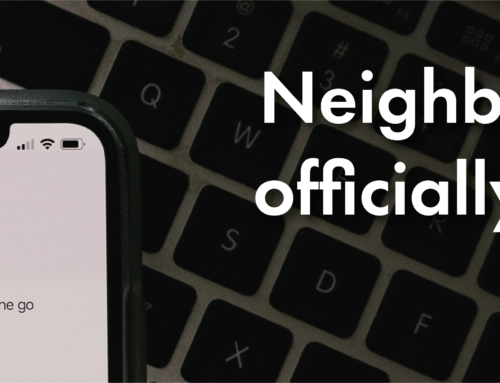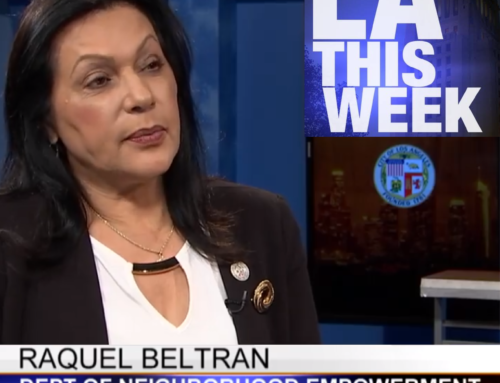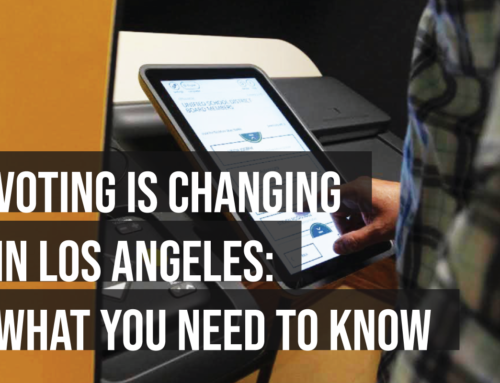By Tony Wilkinson
There is nothing in this world that does not have a decisive moment,” wrote the 17th-century French anti-royal rebel Jean-François-Paul de Gondi, “and the masterpiece of good ruling is to know and seize this moment.” For DWP Reform, this moment is now.
On January 22, Los Angeles City Councilmember Felipe Fuentes released a far-reaching proposal to reform the governance of the city’s Department of Water and Power (Council File 16-0093). His motion began a rush to place a reform measure on the November 2016 ballot.
Who knows exactly why this proposal has energized so much willing engagement at City Hall? Factors probably include the recent 5-year charter-mandated survey of DWP that was released in January by Controller Ron Galperin, a pending lawsuit over the legality of the annual transfer of money from the DWP power system to the city’s general fund, and the selection of a new reform-minded DWP General Manager by Mayor Eric Garcetti. Whatever the reasons, the momentum is real. Both the Mayor and Council President Herb Wesson strongly back a publicly-vetted DWP Reform measure.
Although many in the Neighborhood Council system have opposed a rush to the ballot, there are some very good reasons for a November 2016 ballot measure. The first is that the momentum and consensus could easily be lost in the focus on municipal elections in 2017. Anyone who has been following LADWP issues for years knows that the current system is broken. Too many people in the city have a hand in controlling the Department. Few of them have any responsibility for its results. This is a once in a decade opportunity to change the system so it can work.
The objective of DWP Reform is to transfer power to a strong citizen commission that oversees a municipal utility that has the ability to operate efficiently like the multi-billion dollar business that it is. Elected officials would retain the ability to veto critical actions of the DWP Board when they believe that a course correction is needed, as well as retaining some general city powers like eminent domain and the sale of surplus water.
One of the biggest reasons for seizing this moment for DWP Reform is that 40 percent of the utility’s workforce is eligible to retire in the next five years. In a rapidly changing industry that requires new skills every year, this is a crisis. Recent experience has shown that the existing system is not capable of fast action (for example, customer service hiring to address billing system issues), or of bringing in critically needed skills or management experience.
The core of the hiring problem is the requirement that LADWP use the same civil service system as the city, the same pool of exemptions, identical job categories, and the city’s personnel department. This is true even though DWP covers the cost of its own employment liabilities. (If the city personnel department makes a mistake, DWP pays.) The DWP Reform proposal includes giving the new citizen commission the power to create a separate employment system for LADWP, with its own personnel department. That could be a separate civil service system. Any change like this that affects the rights of existing employees needs to be placed on a general election ballot. This means November 2016, or waiting until 2018. Thus the second reason for supporting the fast track to a November 2016 ballot.
A third reason for moving quickly on DWP Reform is that entrenched interests will resist giving up power. More time gives the opponents of reform more time to organize. Think sports. Right now the fast track program has momentum and a lead. Slowing down the game is probably exactly what the opponents of reform would like. Check the public comments on Council File 16-0093 and you will see that opposition from insiders is already forming. (http://tinyurl.com/lacitycf16-0093)
A fourth good reason for the November 2016 ballot comes from state rules about when the public can be asked to approve taxes (or tax-like payments). If a revenue-generating measure goes on a general election ballot, it will be a “special” tax and require a two-thirds vote. If a revenue-generating measure is placed on a municipal ballot, it can be viewed as a simple general fund tax and require simply majority vote. For this reason a public vote on the proposal to reduce and permanently cap the DWP power transfer to the city’s general fund will probably be placed on the March 2017 ballot. This means that it will not be “bundled” with a DWP Reform measure on the November 2016 ballot, so that the two issues can be addressed separately.
So be brave. Engage this moment. Read about the proposals. Send in your own comments. Neighborhood Council Board members and stakeholders are all encouraged to submit their own opinions. (Send them by email to dwpmou@empowerla.org and we will ensure that they reach the decision makers.) Neighborhood Councils should use their power to file a Community Impact Statement. Don’t worry if it covers only a few of the issues or expresses only a general position on DWP Reform. The important thing is to be heard.
Discussion and comments in April and early May. Sausage making in May. Public review of a ballot proposal and a City Council vote in June. Ballot Measure in November 2016. Be a part of the process.
Please send your questions and comments to dwpmou@EmpowerLA.org. DWP Reform information will be posted regularly at https://empowerla.org/dwpmou. There is additional information at http://dwpreform.lacity.org.
Tony Wilkinson is the Chair of the Neighborhood Council – DWP MOU Oversight Committee. He will be contributing information on the DWP Reform process to the EmpowerLA newsletter each week.






